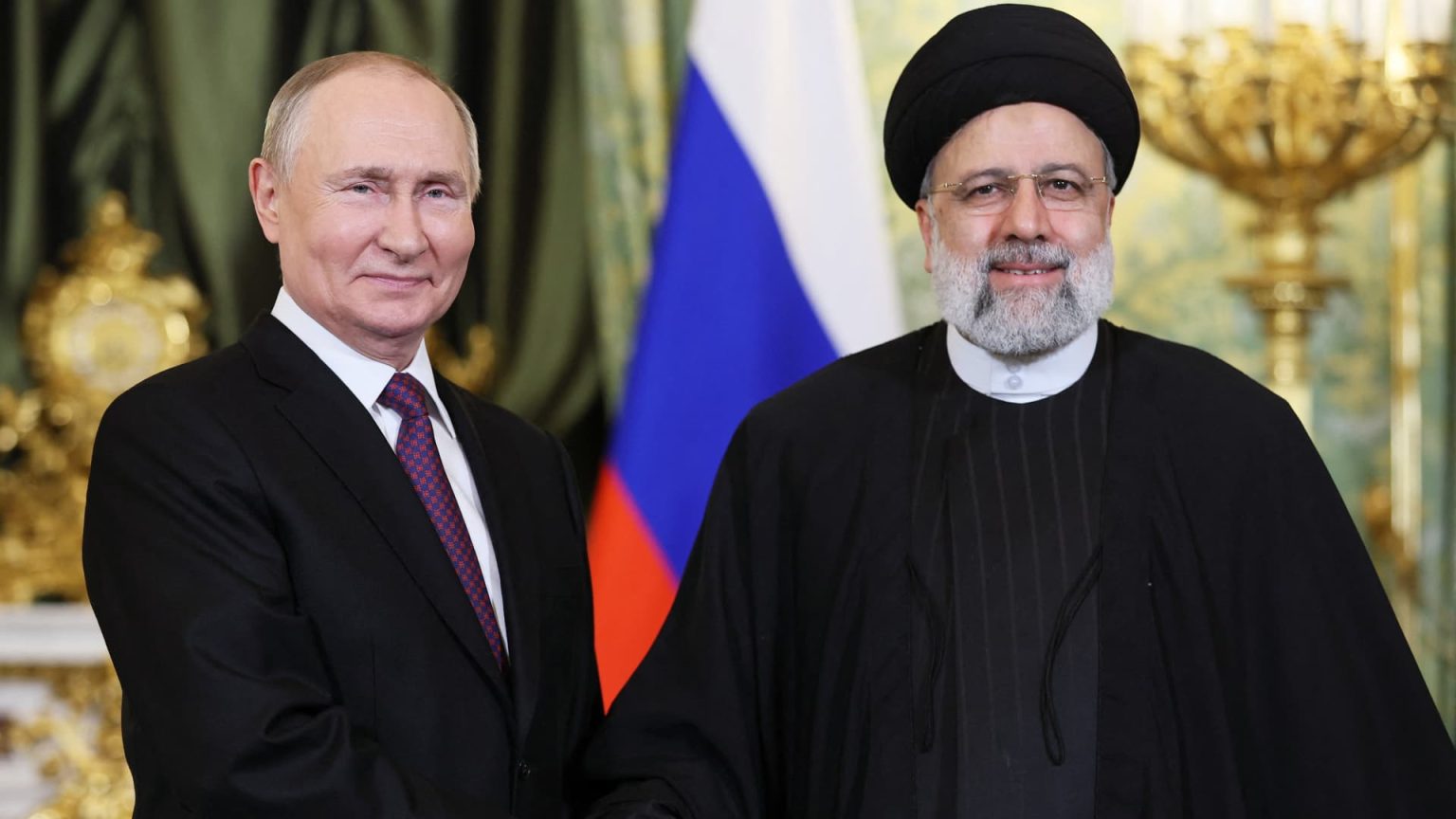Russia is looking to capture the town of Chasiv Yar in Donetsk by May 9, according to Ukraine’s army chief. This strategic move would give Russia another foothold in eastern Ukraine and potentially allow it to advance on the industrial hub of Kramatorsk. The military leadership in Russia has reportedly set the task for its troops to take control of Chasiv Yar by May 9, although evidence for this claim has not been provided. In response, Ukraine has strengthened its defensive positions and bolstered brigades with ammunition, drones, and electronic warfare devices to counter the potential threat.
Ukrainian President Volodymyr Zelenskyy has condemned the Iranian drone and missile attack on Israel and called for assistance for both Ukraine and Israel from their allies. Zelenskyy highlighted the similarities between Russia’s tactics in Ukraine and Iran’s actions in the Middle East, emphasizing the need for a united response against these regimes. The attack on Israel has raised hopes that Congress could expedite a multibillion-dollar aid package for Ukraine and Israel, which has previously been blocked by Republicans. It is crucial for tangible assistance to be provided to strengthen allies in the face of increasing threats.
Following the attack on Israel, a Moscow diplomat criticized Israel for not showing solidarity or sympathy when Russia was attacked by Ukraine. The diplomat pointed out Israel’s lack of condemnation for Ukraine’s attacks on Russian regions, in contrast to its backing of Ukrainian actions. Relations between Russia and Israel have become strained, with Moscow aligning more closely with Iran, Israel’s archenemy. These tensions have deepened as Israel has supported Western condemnation of Russia’s invasion of Ukraine, although it has not imposed sanctions on Russia with its allies.
Russia’s Foreign Ministry expressed “extreme concern” over the recent escalation in the Middle East after Iran’s strike on Israel, urging all parties to exercise restraint and resolve conflicts through diplomatic means. The ongoing crises in the region, particularly the Palestinian-Israeli conflict, are exacerbated by irresponsible actions and could lead to further tensions. Russia did not condemn Iran’s attack, citing the right to self-defense, and emphasized the importance of constructively-minded international players contributing to resolving the issues in the Middle East. An all-out war between Israel and Iran could have implications for Russia, given its close ties with Tehran.
Ukraine’s top general has warned that the situation on the eastern front, the epicenter of the fiercest fighting in Ukraine, has significantly worsened in recent days. The intensification of enemy offensive actions following the Russian presidential elections and favorable weather conditions have facilitated Russian forces’ attacks in eastern Ukraine. Despite significant losses, the enemy continues to deploy new units with armored vehicles and achieve occasional tactical success. The deteriorating battlefield situation underscores the ongoing challenges faced by Ukraine in defending its territory against Russian aggression.
In conclusion, the tensions and military dynamics in Ukraine and the Middle East are complex and multifaceted. The ongoing conflict in eastern Ukraine, combined with the recent escalation in the Middle East, highlights the global implications of these regional conflicts. The need for strong alliances and support for countries like Ukraine and Israel facing external threats is crucial in maintaining stability and security in the region. Russia’s involvement and shifting alliances further complicate the situation, underscoring the delicate balance of power and interests at play in these volatile regions.


